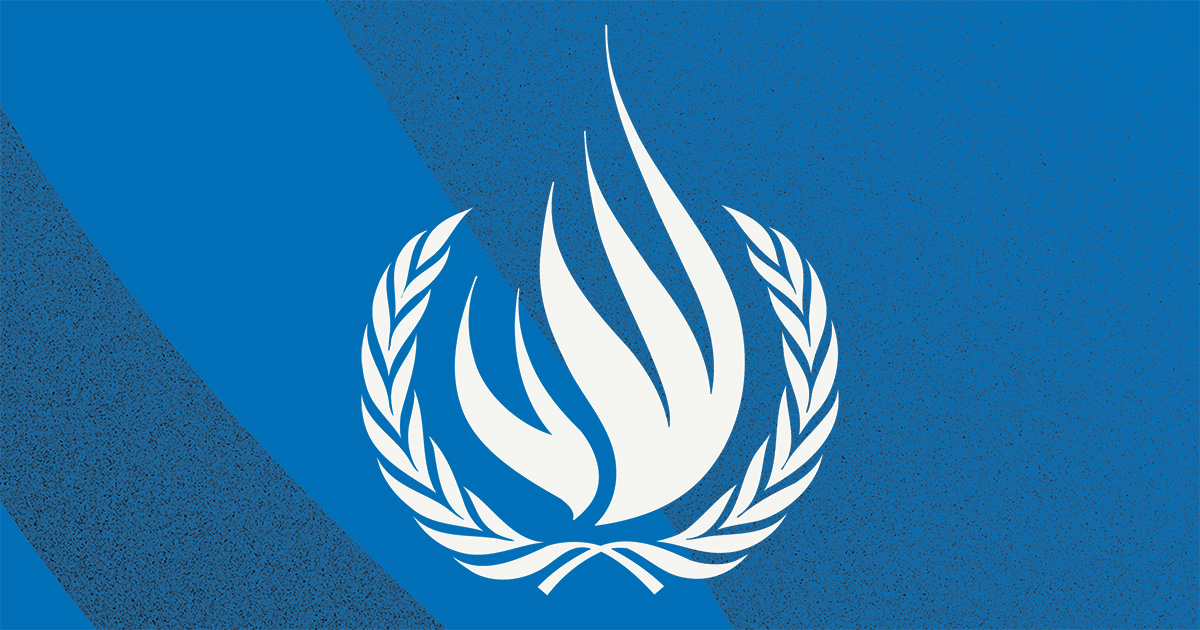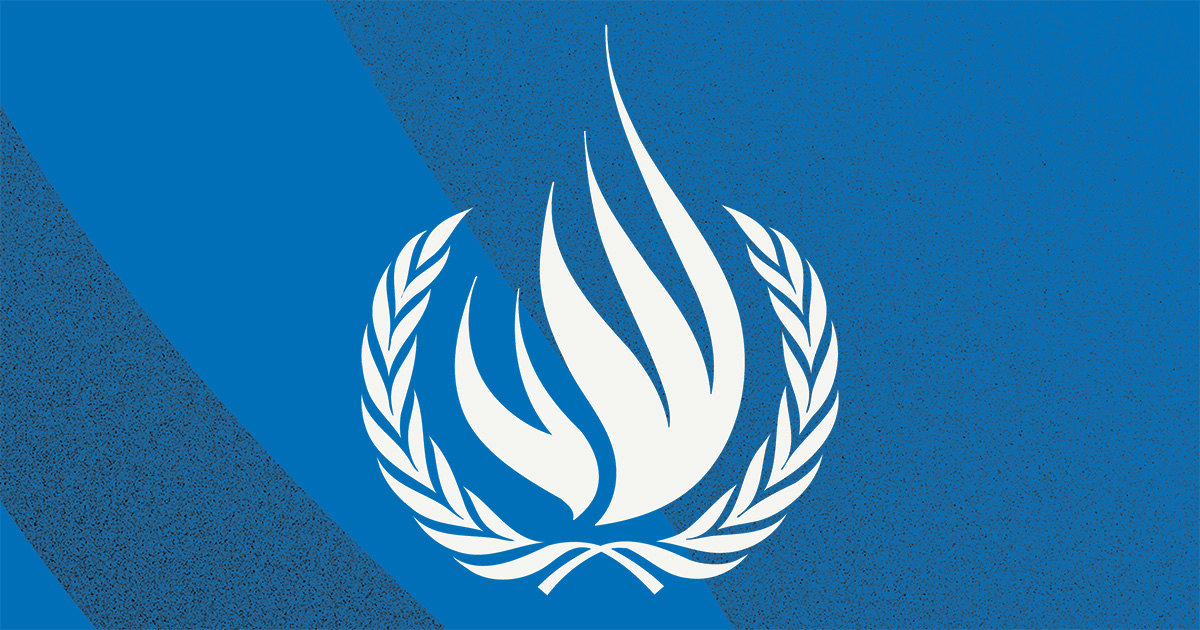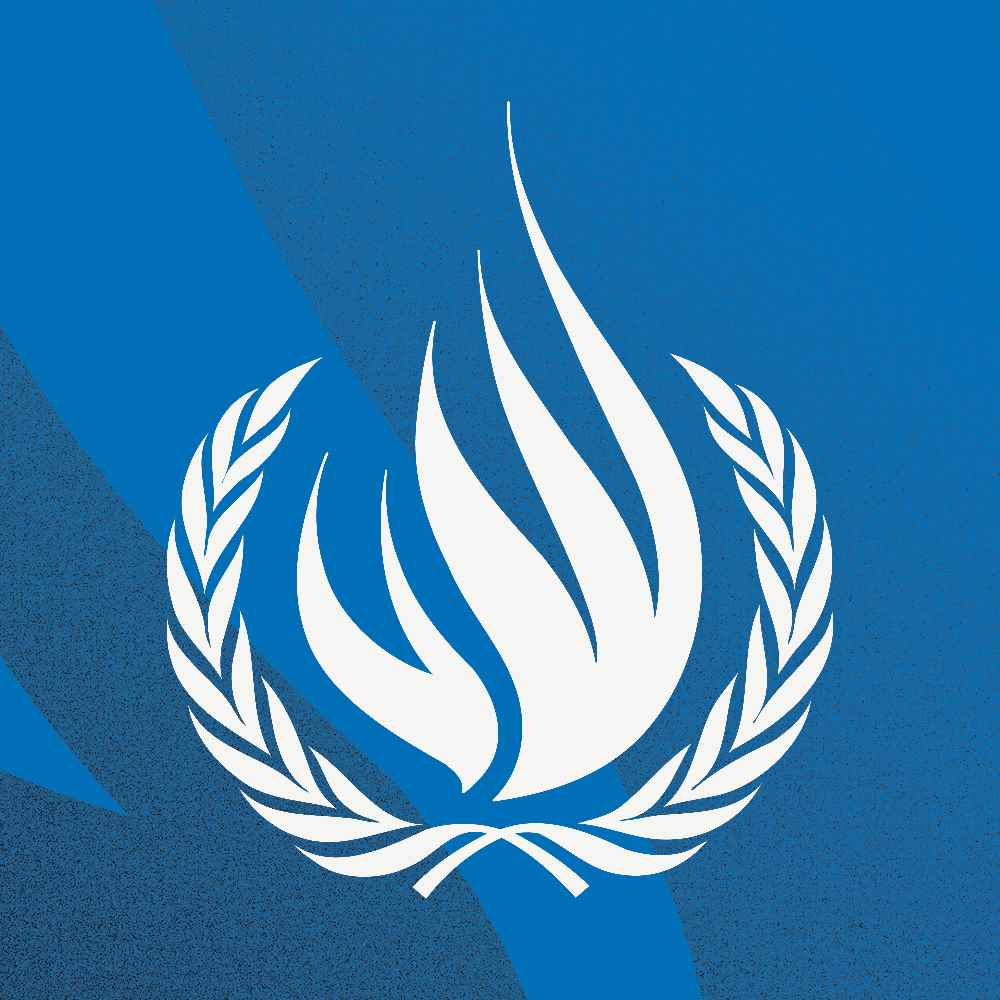
The Committee on the Elimination of Racial Discrimination this morning opened its one hundred and tenth session in Geneva, during which it will review anti-discrimination efforts by Italy, Croatia, Uruguay, Namibia, Senegal and Turkmenistan. The Committee heard from the Representative of the Secretary-General and adopted the session’s agenda.
Abdoul Thioye, Chief a.i, Rule of Law, Equality and Non-Discrimination Branch, Thematic Engagement, Special Procedures and Right to Development Division, Office of the High Commissioner for Human Rights, and Representative of the Secretary-General, congratulated the members of the Committee for their tireless efforts to urge States to fulfil their treaty obligations to eliminate racism under the Convention, and to address contemporary and enduring forms of racial discrimination. He said the 1993 Vienna Declaration and Programme of Action represented a global consensus on human rights following decades of polarised politicisation and discordant approaches and also provided for the creation of the United Nations Office of the High Commissioner for Human Rights. Today, the commitments made in Vienna were far from being the reality for all. There was pushback against human rights, equality, and non-discrimination in many countries, evident by the rise and spread of racist hate speech and hate crimes, increasing marginalisation, systemic racism, racial profiling and excessive use of force by law enforcement authorities against members of racial minorities.
Mr. Thioye drew the Committee’s attention to two major challenges. Firstly, the situation of migrants in many regions was deeply concerning. The conditions of their reception were often inadequate or non-existent, they were often victims of appalling acts of racial discrimination, and were subjected to racist violence leading to death in certain situations, xenophobia, and abuse in many forms, including sexual exploitation. The Committee was encouraged to continue to address the issue of racial discrimination against migrants, including in the context of humanitarian crises and post-conflict situations. Secondly, climate change was a global challenge, but it did not affect everyone equally. People whose way of life was intricately linked to the environment – mostly indigenous peoples – were most disproportionately affected by climate change and needed to be part of the conversation in addressing the racially discriminatory impacts of climate. This issue had been addressed by the Committee during State reviews, where it was considered that the effects of climate change would threaten human rights.
Mr. Thioye then provided the Committee with some recent updates of the Office. The United Nations Permanent Forum on People of African Descent, established early last year, was drawing global interest. Over 1,600 persons attended its two sessions in December 2022 and in May 2023, and more than 100 side events had been held. The Permanent Forum was envisaged as a consultative platform for people of African descent under the auspices of the United Nations, with the ultimate objective to contribute to the elaboration of a draft United Nations declaration on the promotion, protection and full respect of the human rights of people of African descent. The close cooperation between the Committee and the Permanent Forum was appreciated.
The Working Group of Experts on People of African Descent held its thirty-second session in May 2023 in Geneva and focused on the economic empowerment of people of African descent. It also held a high-level event, “Memoirs of Durban” by the legends of Durban, hearing from panellists who had played important roles at the time of the 2001 Durban Conference. The Working Group concluded that racial inequality and discrimination fuelled poverty, economic inequality, and violations of the human rights of people of African descent across the globe. It made key recommendations, including the provision of appropriate resources for the implementation of the Durban Declaration and Programme of Action.
Mr. Thioye said that in October, the High Commissioner would present the Office’s third report on racial justice and equality for Africans and people of African descent at the fifty-fourth session of the Human Rights Council. The Expert Mechanism to Advance Racial Justice and Equality in the context of Law Enforcement would also present its report to the Human Rights Council at the session. The Office of the High Commissioner for Human Rights had recently deployed regional anti-racial discrimination advisors in five of its regional offices. From Bangkok, Brussels, Beirut, Pretoria and Santiago, they would provide thematic expertise on issues of racism, racial discrimination, xenophobia and related intolerance to governments, United Nations country teams and national stakeholders. They would also undertake monitoring, information gathering and reporting on issues of racial discrimination and racial justice, including people of African descent, informed by the work of the Committee.
The Office of the High Commissioner continued to support efforts to reinforce and fortify the treaty body system, and had prepared a comprehensive working paper, intended to be a guide for the creation of an efficient, fit-for-purpose, cost-effective, coherent, and sustainable treaty body system. The conclusions adopted last June at the thirty-fifth annual meeting of Chairpersons had the potential to significantly improve the treaty body system. The Chairpersons agreed, among other priorities, to establish a coordination mechanism for the harmonisation of working methods and considered the options proposed for rolling out the eight-year predictable review calendar. These would be implemented by all human rights treaty bodies if the necessary human, technical and financial resources could be provided by Member States. Mr. Thioye concluded by wishing the Committee a successful and productive one hundred and tenth session.
Verene Albertha Shepherd, Committee Chairperson, said while the work of the Committee was important, it was not easy. The more the Committee worked on to eliminate racial discrimination, the more these violations of the Convention seemed to occur. However, the Committee would continue to protect the rights of all marginalised people and seek the support of States parties during the session. The Committee shared a common concern of a world in which racism, racial discrimination and intolerance played no part. The Committee believed in the fundamental rights and freedoms enshrined in the group of international instruments adopted after World War II, especially in the seventy-fifth year of the Universal Declaration of Human Rights and the thirtieth anniversary of the Vienna Declaration and Programme of Action.
The Committee then adopted the provisional agenda of the session.
Summaries of the public meetings of the Committee can be found here, while webcasts of the public meetings can be found here. The programme of work of the Committee’s one hundred and tenth session and other documents related to the session can be found here.
The Committee will next meet in public on Tuesday, 8 August at 3 p.m. to consider the twenty-first periodic report of Italy (CERD/C/ITA/21).








